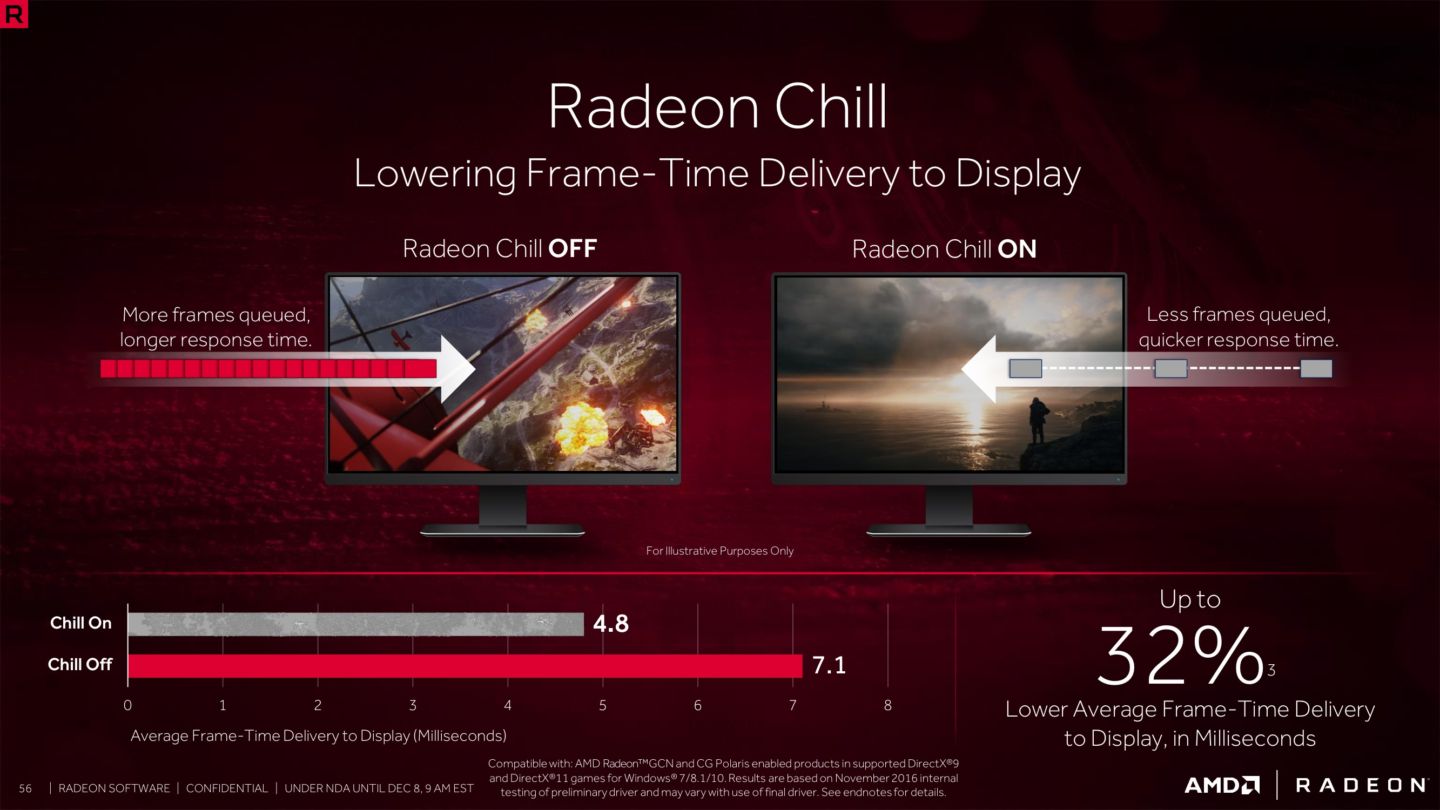Just watched the AMD Zen stream and of course the most telling information was what was
not revealed. There was no word on price, frequencies, or single threaded performance. Not revealing the price is understandable but no information on upper frequencies or single threaded performance is unfortunate.
Intel's foundries are better so it's hard to imagine Ryzen matching the frequencies Intel is able to achieve. However, the 95W TDP for their 8 core part is a good sign. Then again, if that is 95W of
AMD TDP, then I'm not so sure. If the scaling is anything like the FX series, then 4.7GHz base is going to be 220W
which would be pretty good considering these are 8 full cores with better IPC. Even if it's higher, either way it's watercooling territory.
Single threaded performance is almost certainly worse or else AMD would have been demonstrating a lot more benchmarks apart from Blender where IPC appears about the same. Worst case? Bulldozer scenario where AMD cherry picked a few benchmarks to show parity or superiority to Intel's CPUs but underperformed in the real world.
I don't think this is the case with Zen. The Blender and x264 tests (Handbrake and Twitch) were a really good showing not only over AMDs previous micro-architectures but also versus Intel's latest. Maybe the x264 improvements are just the result of better AVX support and Blender is a one-off? Please no.
But the most controversial moment in the stream was the demo of the 6700K @ 4.5GHz versus Ryzen.
Most comments thought there was some rigging involved since the 6700K stream/gameplay looked like a slideshow. I don't think so. The streaming settings were almost certainly at a higher quality x264 preset or resolution/fps. Each step in x264 quality/resolution/fps requires a large increase in CPU power so it is easy to bog down any given setup this way.*
No one with a 4.5GHz 6700K is streaming a CPU intensive game using 1080p60 @ medium whereas that's probably doable with the 8-core 6900K or Ryzen. So yeah the demo was rigged in the sense that streamers are not going to use settings where gameplay and stream quality are trash but it isn't rigged in the sense that the 6900K or Ryzen are going to be able to offer better quality streams even against the best mainstream Intel CPU.
But that 6700K is still going to offer better gaming framerates when not using x264. And you get the best of both worlds with a dual PC streaming setup anyway. Ryzen would be a great candidate for a streaming PC though.
Anyway, Zen seems to be as or slightly better than expected but not what a lot of us were hoping for. Its success will depend on release prices and process improvements to improve frequencies. AMD needs to offer Ryzen at a much lower price than the 6900K to compensate for its likely worse frequency and somewhat lower likely IPC across most programs. None of that $900 FX9590 nonsense.
* Stream quality increases can be done granularly with fps but less so with resolution and x264 quality.
